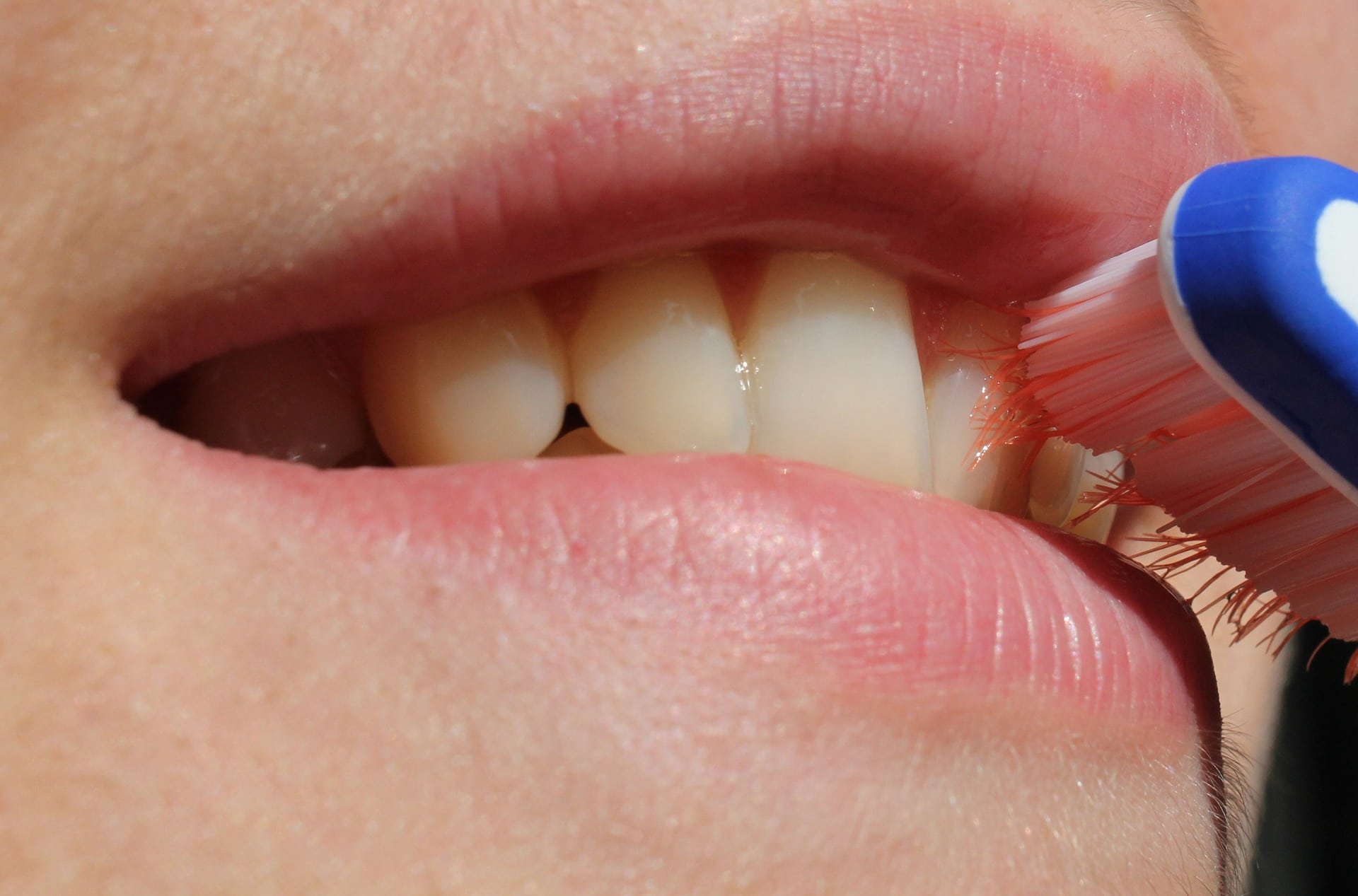
You want to enjoy your teeth for many, many years to come. Unfortunately, wanting to keep your teeth healthy isn’t the same as following an oral hygiene routine that’s necessary to keep your teeth healthy. If you’ve already established an oral hygiene routine but think is missing something, here are three things for you to consider.
Frequent Flossing
Flossing can seem inconsequential to most people. It doesn’t seem to provide any immediate benefits to the health of your mouth. The benefits of flossing are more long-term and can mean the difference between having teeth and having teeth extracted. During your day of eating and drinking, bacteria and food get caught between your teeth while combining with saliva to form a substance known as plaque. This plaque is removed by brushing your teeth and flossing between them. If this plaque isn’t removed on a regular basis, it will become tartar. Tartar can cause the erosion of your tooth enamel which leads to tooth sensitivity and cavities. It may seem like a useless oral hygiene routine, but flossing every day will help you keep your teeth healthy longer.
Regular Dental Cleanings
Visiting your local dentist is a very vital aspect of your oral hygiene routine. Even if you follow all of the guidelines set out by the American Dental Association for at-home dental care, visiting a dentist is the best protection you have against cavities, oral cancer, gingivitis, and tartar. A regular dental cleaning will also provide you with the opportunity to ask for additional aesthetic procedures like teeth whitening and braces.
Regular Brushing
Brushing your teeth is such an important aspect of maintaining optimal oral hygiene. Brushing your teeth on a regular basis can help to remove plaque, a film of bacteria and acid, from your teeth while providing enamel-boosting protection. The American Dental Association recommends that the average person brush their teeth twice a day. Brushing your teeth before bed is a wise idea. You don’t want any acid or sugar from the meals you ate during the day to be able to cling to your teeth while you sleep. This will erode your tooth enamel and allow cavities to form. The second time you brush your teeth for the day is at your discretion.
As you begin to improve your oral hygiene routine, it’s important that you check with your dentist before attempting any at-home treatments. You may have dental work that will have an adverse reaction to certain chemicals.
Emma Sturgis
Recent Posts
- Castor Oil For Better Hair Growth: Is It Myth Or Fact?
- Exploring the Differences Between Sermorelin, Ipamorelin, Ibutamoren, GHRP2, and GHRP6: Understanding Their Role in Human Growth Hormone Regulation
- Unraveling the Mystery: Understanding the Causes and Prognosis of Ventricular Tachycardia Without Apparent Heart Disease
- Understanding Grandparents’ Rights in Oklahoma: Navigating Visitation and Legal Protections
- 10 Reasons to Consider Hypnotherapy for Your Health

